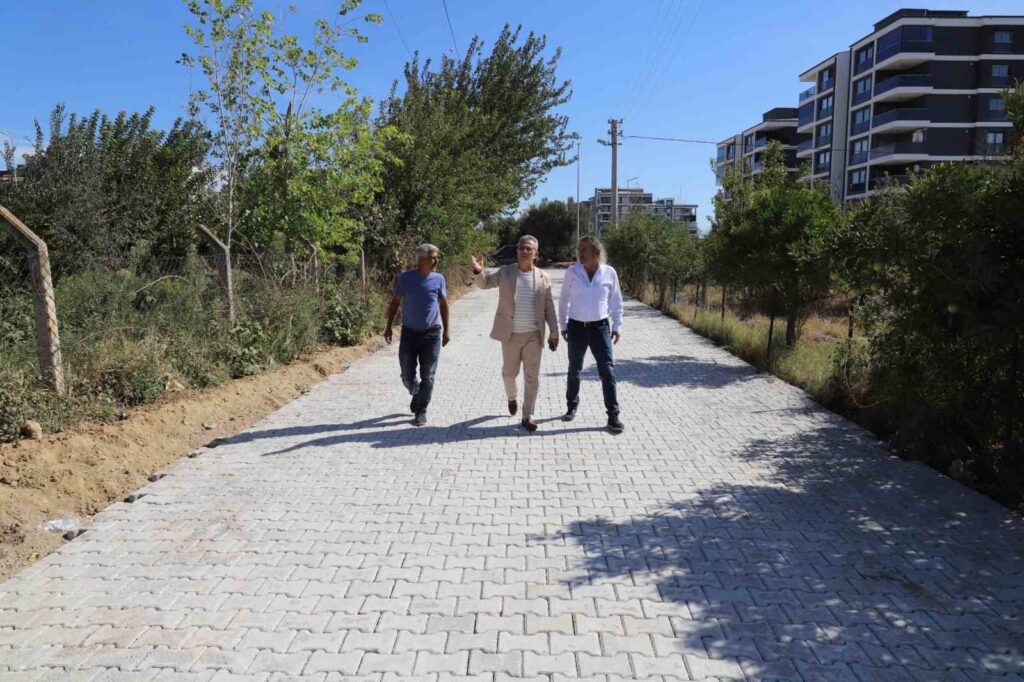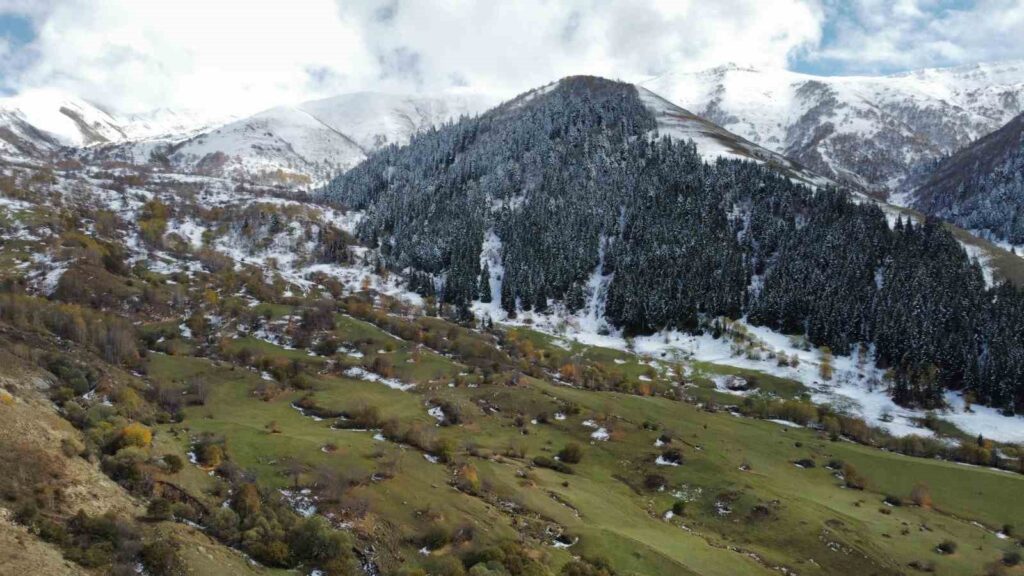In beekeeping, the “Queen Bee” is the most important factor
Experts stated that Erzurum has great potential for beekeeping due to its extensive meadow and pasture resources as well as its climatic characteristics. Specialists from the Erzurum Ministry of Agriculture and Forestry emphasized that it holds significant importance in the agriculture of our country.

Experts stated that Erzurum has a great potential for beekeeping in terms of both its vast meadow presence and climate characteristics.
Specialists from the Erzurum Provincial Directorate of Agriculture and Forestry emphasized the importance of increasing the productivity of beekeeping, raising the income levels of beekeeping enterprises, and broadening the product range by raising awareness among consumer and producer groups about non-honey bee products. They stated, “The efficiency and success in beekeeping activities depend on many factors such as climate, plant flora, bee race, care and feeding, the performance of the queen bee, and the materials and equipment used. One of the most important factors among these is the queen bee, which is the genetic source of the colony. In a bee family, there can be 80,000 worker bees and 2,000 drones depending on the season, while there is only one queen bee that lays eggs for the entire colony. Naturally, when we talk about a bee colony, we refer to the characteristics of the queen bee race and performance that determine the colony’s honey collection, aggressiveness, resistance to diseases, and wintering ability, which are crucial for determining winter bee losses. Of course, the regional flora structure, climate characteristics, and the beekeeper’s care and feeding practices are also important. However, unless we work with the right bee race and an efficient young queen bee, all other processes will be insufficient.”
“It is beneficial to renew queen bees every year”
In the statement made, it was expressed that sometimes beekeepers do not achieve the expected productivity during honey harvest despite seeing a crowded population and beautiful bee flights during the honey season with the bees they cared for throughout the year. It was emphasized that, “They may experience significant bee losses in winter. One of the important reasons for this is the inadequate characteristics of the queen bee. Normally, the queen bee in the colony lives for 5-7 years, while the bees we see on the flowers outside have a lifespan of 45 days. However, the queen bees in the colony should ideally be renewed every year or at most every two years. Therefore, producing the queen bee, which is so important for the colony, with the correct techniques is a significant issue.”
“Approximately 75,000 queen bees are needed each year”
It was explained that in Erzurum province, there are more than 2,000 local beekeepers with approximately 150,000 colonies, and over 1,600 migratory beekeepers from outside the province with more than 200,000 colonies engaged in beekeeping activities during the honey production period. It was stated that, “Considering only the beekeepers of our province, we need approximately 75,000 queen bees each year. Beekeeping enterprises meet this need either by bringing them from outside the province or by renewing the queens of colonies with swarming bees or increasing the number of bees. Some enterprises produce the queen bees they need using different methods. However, bees that are not produced according to proper techniques carry many risks in terms of productivity. For example, many beekeepers produce new bee colonies from swarms, and the production of queen bees from older larvae causes the multiplication of bees that have a high tendency to swarm, resulting in increased winter losses or low honey yields. Additionally, bees brought from other regions may not be suitable for our region, posing risks of disease and parasite transmission.”
“Queen bee production is very important”
Alpaslan Kenger, the Provincial Director of Agriculture and Forestry in Erzurum, stated, “Our Ministry’s General Directorate of Livestock has supported the Queen Bee Breeding Project in Oltu District and its neighborhoods. To create a foundation for the project, we opened a Queen Bee Breeding course in accordance with the approved Queen Bee Breeding directive from our Ministry. This ten-day course provided education on queen bee production techniques, as well as theoretical and practical general beekeeping practices. Our trainees personally practiced every stage of queen bee production, including breeding selection, preparation of starter and finishing colonies, preparation of queen bee cells, larva transfer, creation of mating colonies, distribution of queen bee cells to mating colonies, and checks of queen bee production colonies. Throughout the course, our technical staff visited apiaries to raise awareness among our beekeepers. Additionally, a technical trip was organized to the Caucasian Bee Production, Education, and Genetic Center Directorate to help our beekeepers familiarize themselves with innovations. Our aim with this course is to promote the use of young and productive queen bees in beekeeping enterprises in Erzurum province and to lay the groundwork for establishing commercial queen bee enterprises.”






